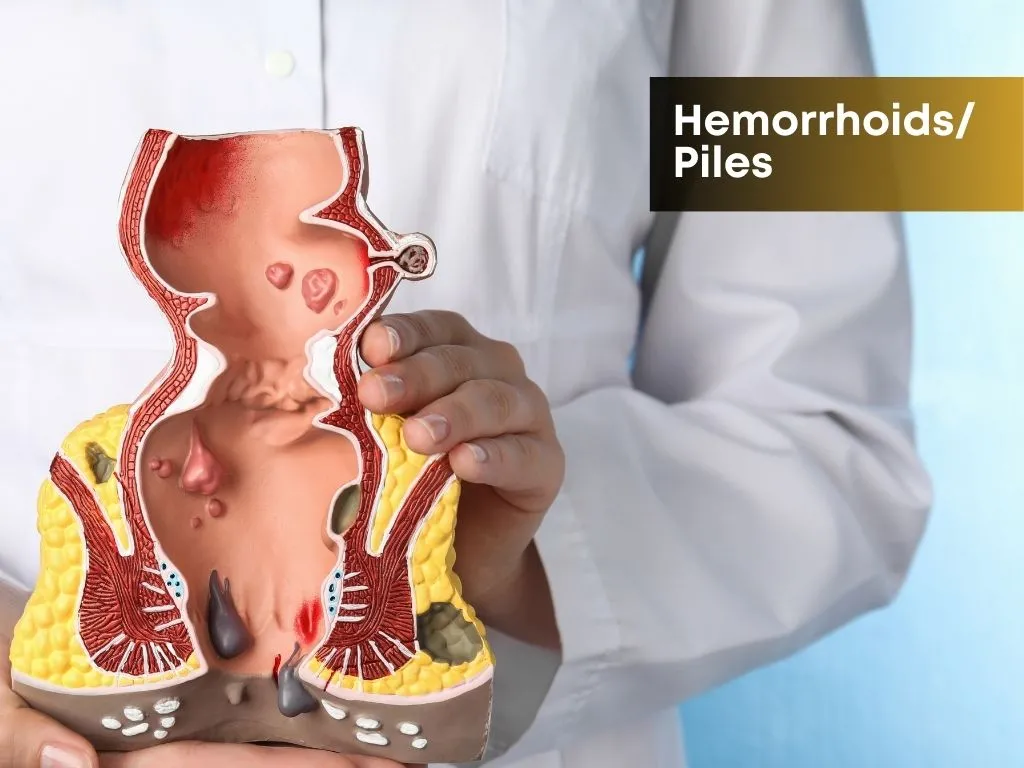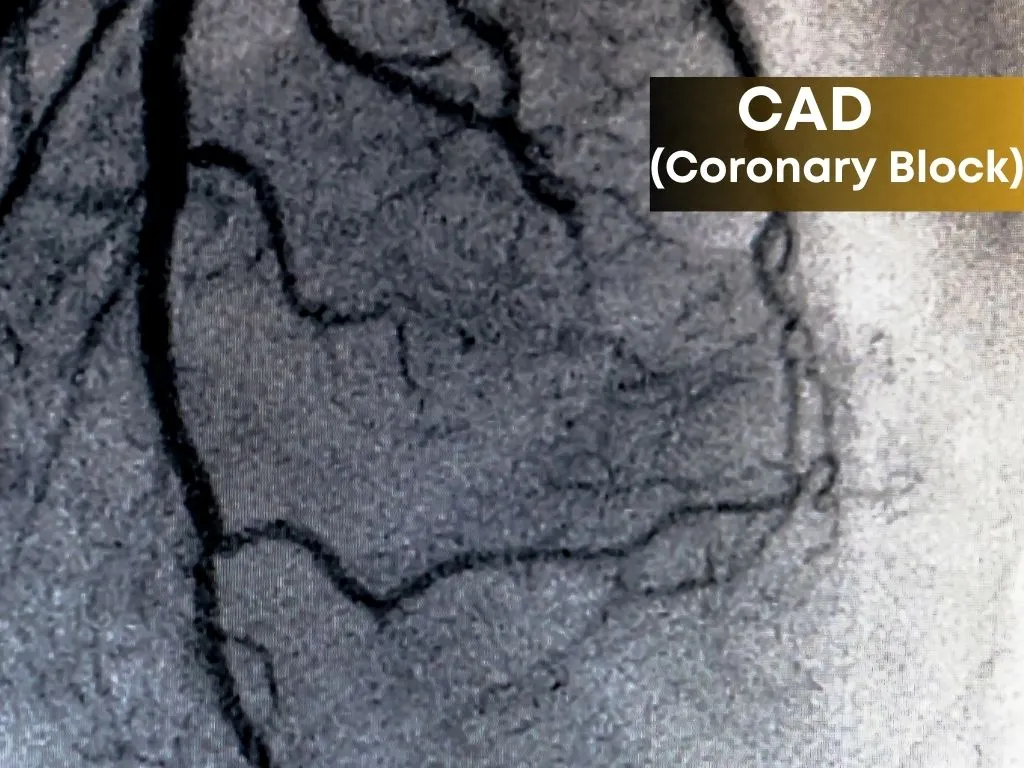Sepsis
-
 Nalamaree Team
Nalamaree Team
- 23 September 2025
Overview
Sepsis is a potentially life-threatening condition that occurs when the body's response to an infection causes inflammation throughout the body.
Normally, the body's immune system responds to an infection by releasing chemicals into the bloodstream to fight the infection.
However, in sepsis, this immune response triggers widespread inflammation, which can lead to a cascade of changes that damage multiple organ systems, potentially causing them to fail.
Causes
Symptoms
Treatment: Modern Medicine
Treatment: Traditional Medicine
Caution





















.jpg.webp)
